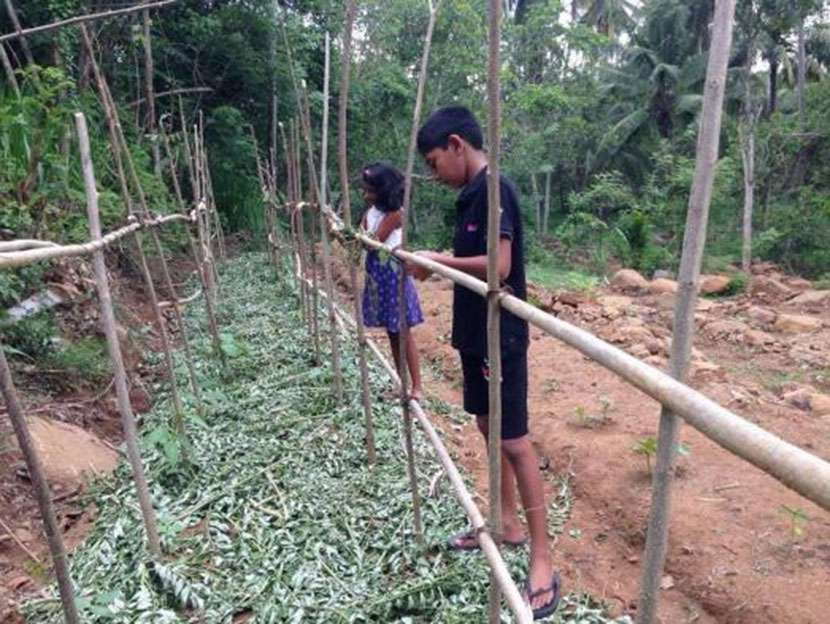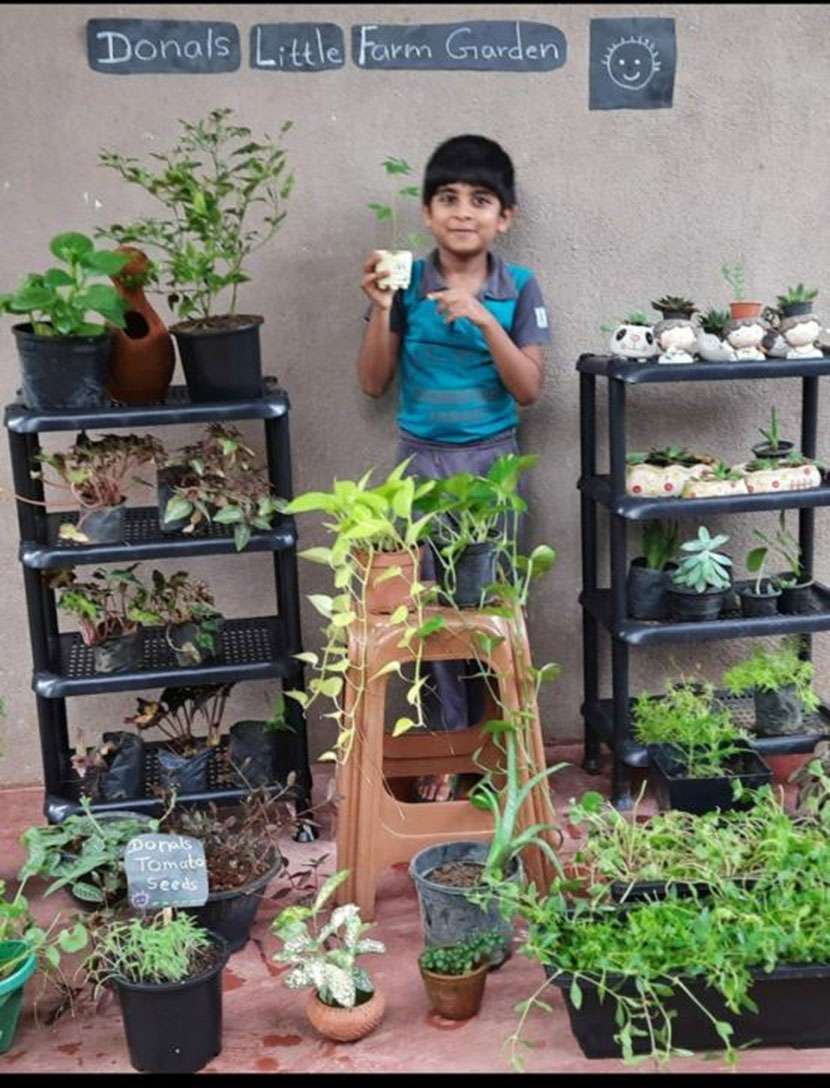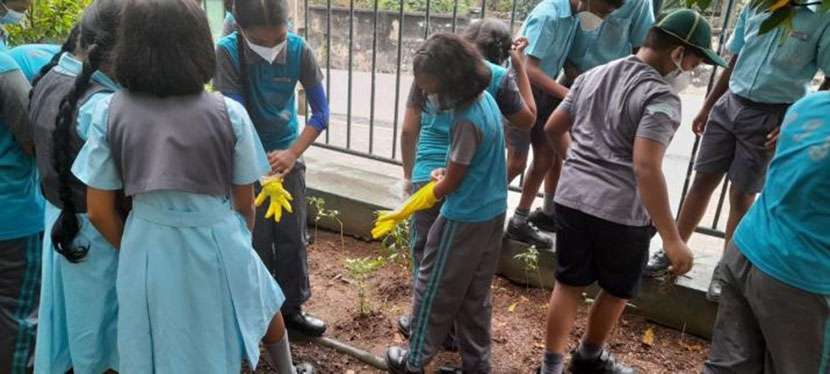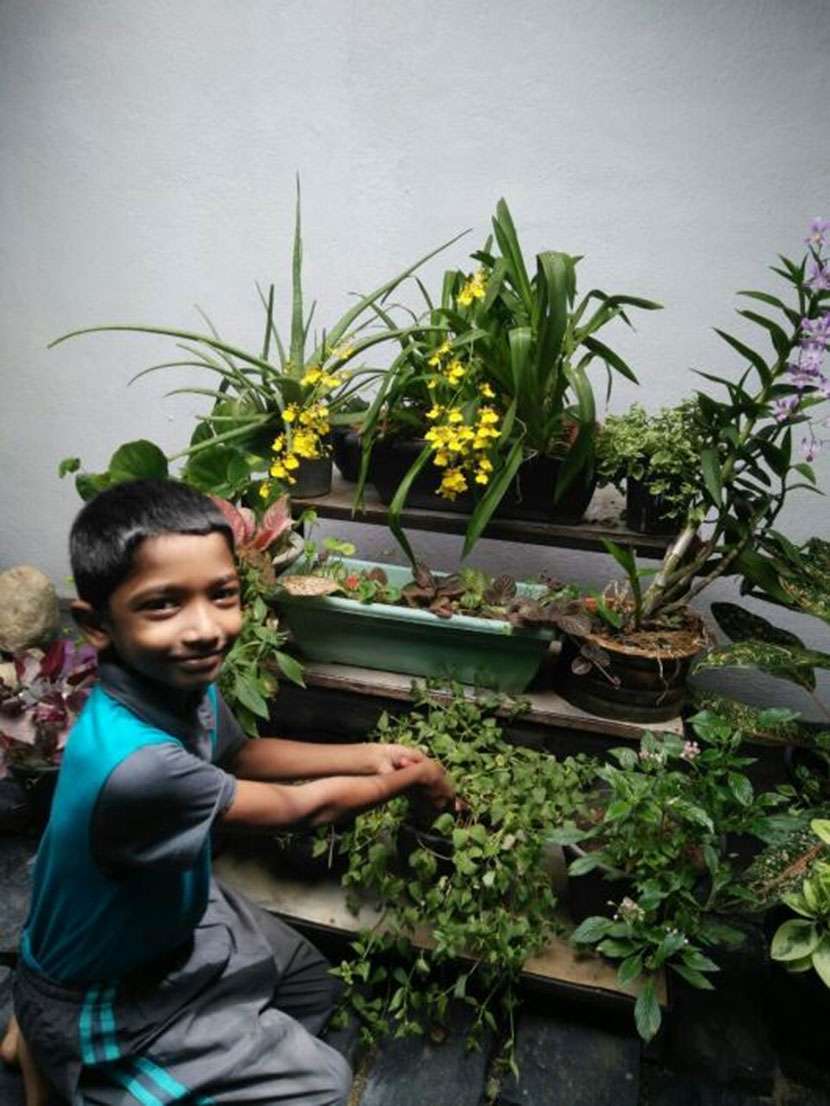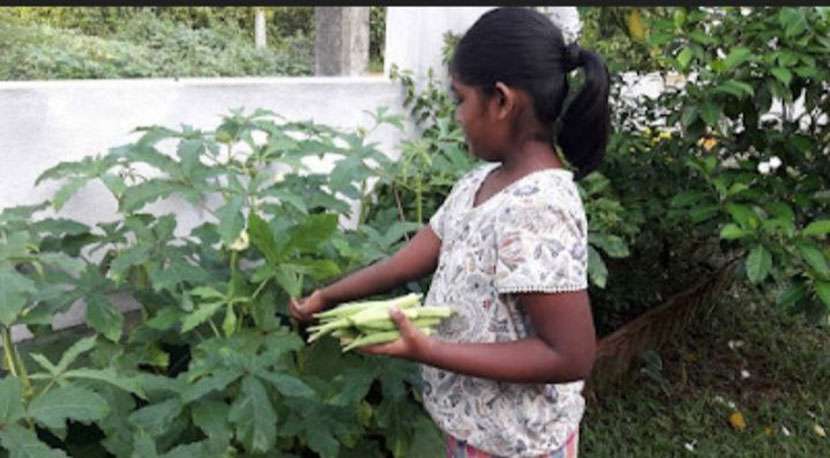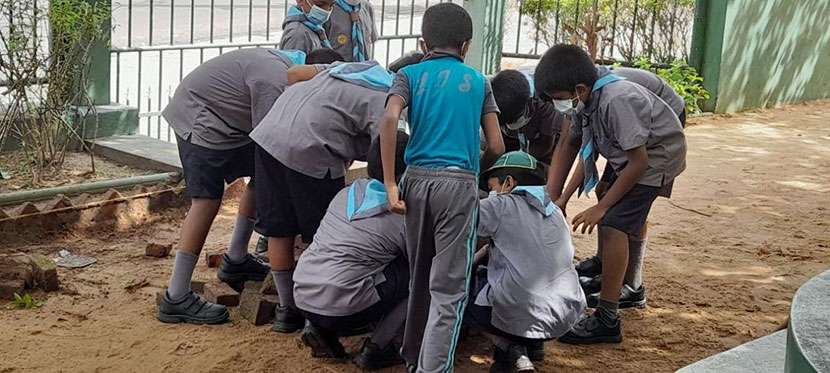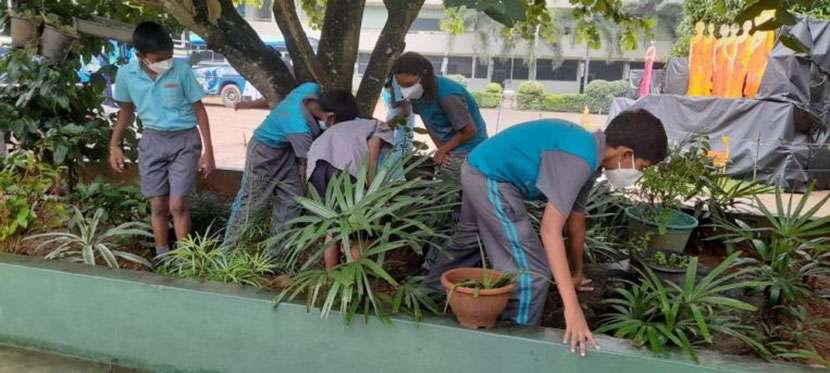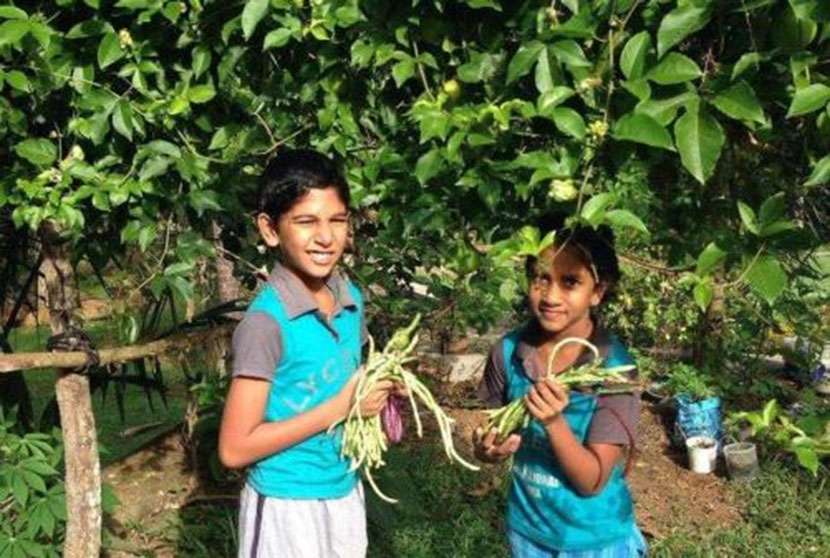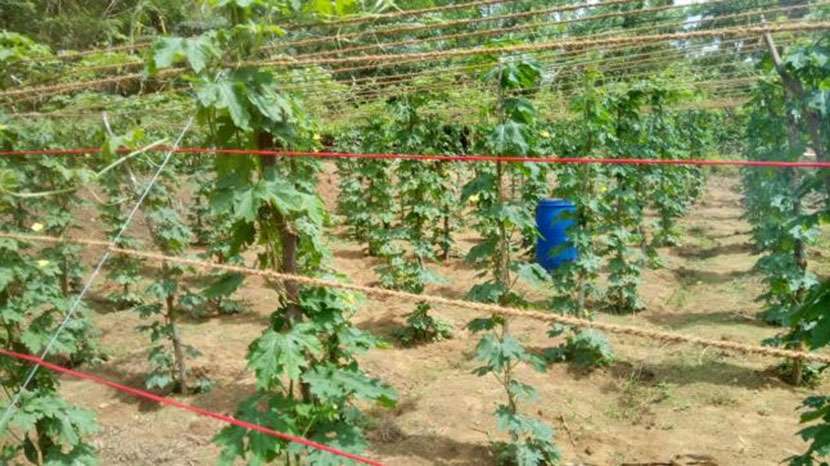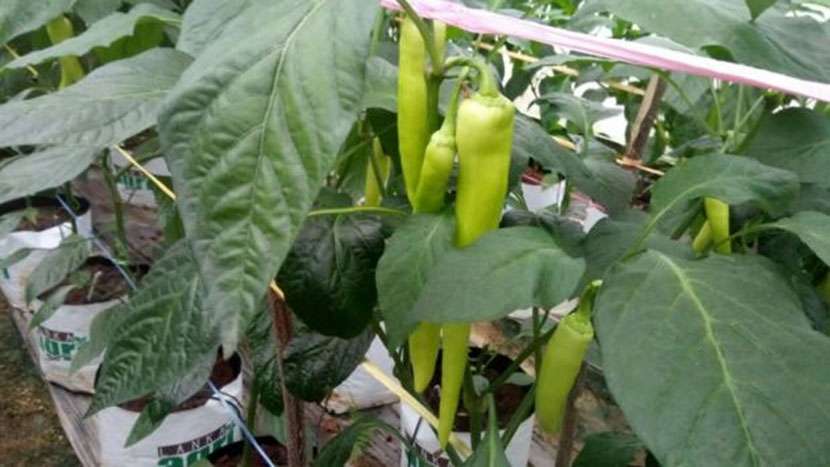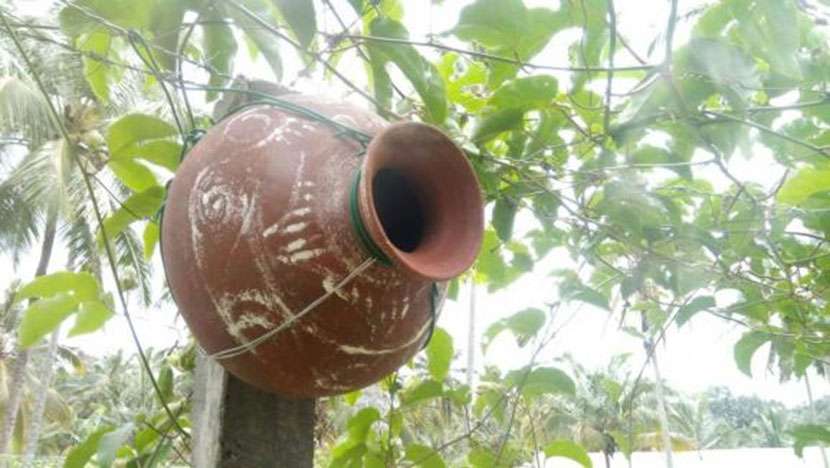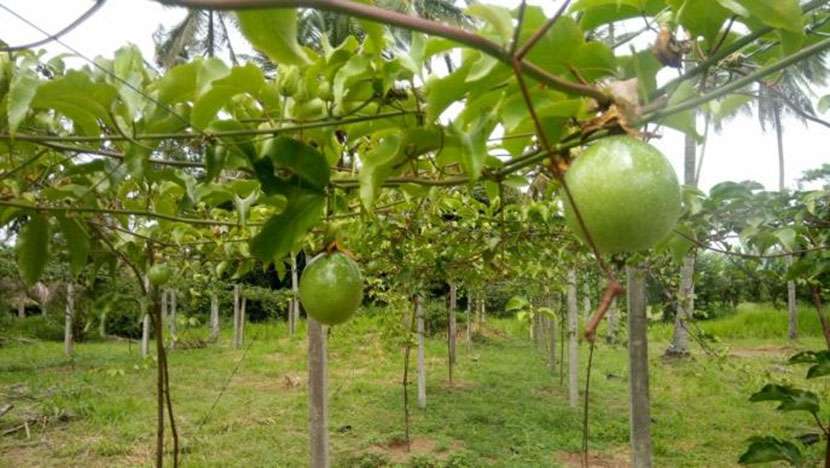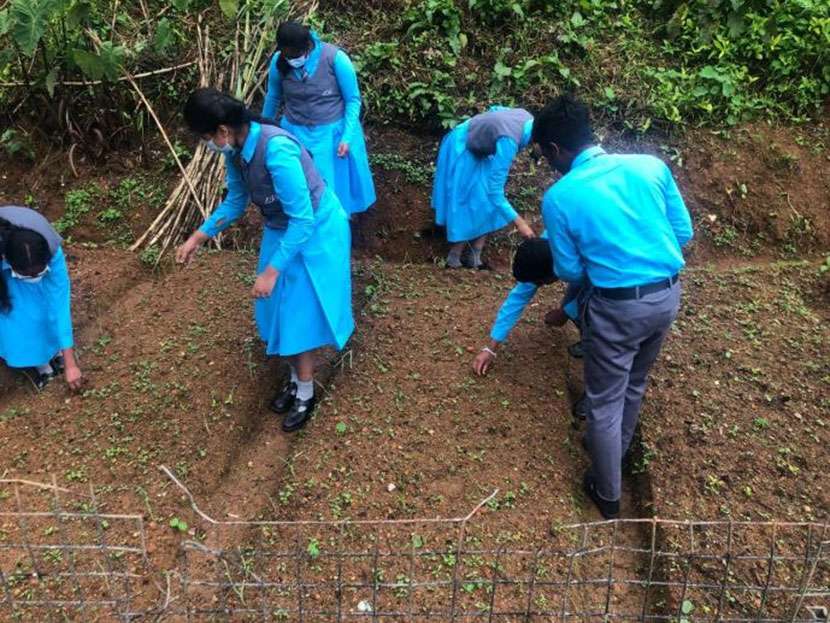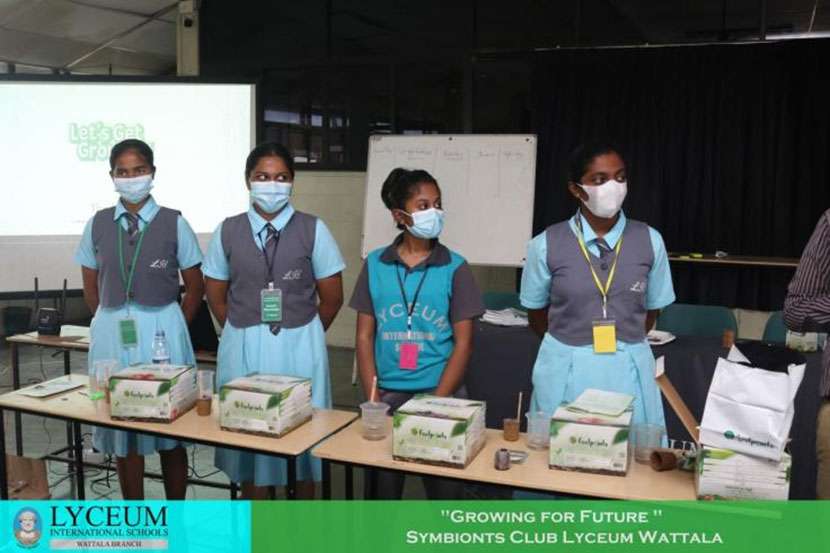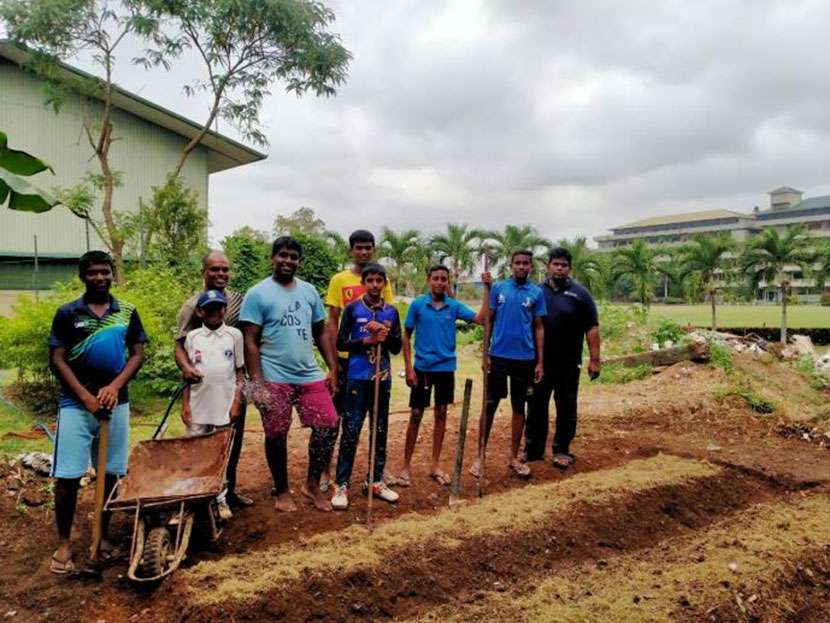Seeding and Weeding with Lyceum
“Agriculture is the most healthful, most useful, and the most noble employment of man” - George Washington -
We're here with a little tidbit on how we could face famine. As we see, we are facing a rough patch, a difficult time, and a concern of food scarcity and worldwide famine. So how do we face this catastrophe? The easy and sure-shot solution would be to turn it into agriculture. Farming is indeed the groundwork of human evolution and civilization.
It is not a profession, but a lifestyle. It is the profession of hope. At the rate we are populating this planet, it is expected for the global population to be reached over nine billion by 2050. So, with the growing population and never-ending demand for nourishment, there is a continuous need to increase food production and buffer stocks.
And there is a major concern for food security. Due to this scenario, nations worldwide, especially developing countries where there is an acute pervasiveness of hunger and food scarcity, are utilizing various counter-strategies to meet the growing demand and avert food insecurity and famine. Over the recent years, both nationally and internationally, there have been growing interests in strengthening and intensifying food production in order to mitigate the adverse effects of global food shocks and food price volatility, caused under varied circumstances.
As we know, recent pandemic conditions have had a negative impact on global agriculture. Are we really on the verge of a famine..? Let me answer the question like this; Sri Lanka's economy has taken a few hits in recent years and it is said that we are on the verge of facing famine in the coming months.
Consequently, there is much attention and encouragement towards home gardens as a strategy to enhance household food security and nutrition. So, our best solution for this is going back in time or adapting traditional methods our ancestors used or cultivating home gardens. Home gardening is basically turning an outside yard space into a productive and functional area for the family, as well as a home for plants and animals that have otherwise lost their homes to urban development.
Home gardening often involves vegetable gardening- growing fruits, vegetables, and herbs for consumption. It also creates aesthetics and diversity for bird and insect life with attractive flower beds. Home gardens are mainly intended to grow and produce food items for family consumption.
There are various methods introduced to efficiently use available space to grow a myriad of vegetables like carrot, potato, beans, cabbage, tomato, lettuce, radish, sweet potato, manioc, etc. Home gardening requires a bit of gardening knowledge, ongoing nurturing of plants, maintenance skills, and consistent improvement.
Home gardens and home-grown organic vegetables and fruits are an integral part of local food culture and the agricultural landscape of developing countries all over the world and have endured the test of time. In the past, Sri Lankans mostly consumed home-grown vegetables and fruits. Home gardens are not only a symbol of self-sufficiency but also promote good health and longevity.
Organic farming keeps the sickening chemicals away from human bodies and allows everyone to get good exercise while being productive. For some, home gardening is a fun way of getting their hands dirty either by planting fragrant florals or starting a vegetable garden. Home gardening is beneficial for a variety of reasons.
Maintaining a home garden is easy as you can use compost made of kitchen waste as manure, and water. This is financially beneficial and helps your mental and physical health, as mentioned before. So, we think it is time you turn into home gardening to put healthy, cost-efficient food on your table and assure the food security of your family.
We invite you to become an impatient gardener with an eagerness to get some fast-growing vegetables on your plate. And the Lyceum family as always has already taken the initiative to encourage the nation through example. Our branch schools; Nugegoda, Wattala, Panadura, Gampaha, Ratnapura, Nuwara Eliya, Anuradhapura, and Kurunegala have started their home gardens on school premises and most of our students have started their own home gardens and are already enjoyed their first harvest.
So, we invite you all, fellow Sri Lankans, to make a little time and space to contribute to our food security. The joy of reaping your first harvest cannot be described in words and I vouch for you, that you will never regret a little bit of dirt under your nails when you eat the red ripe tomatoes and crunchy green beans from your own garden.
